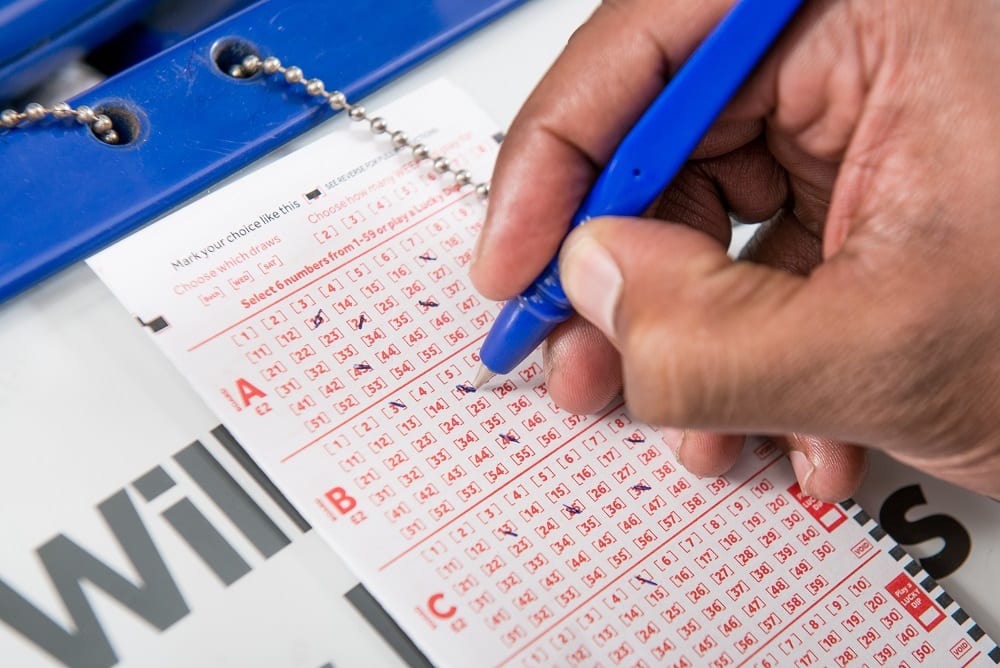Keeping it in the family: Changing relationships in the lottery sector

By Jari Vähänen
I remember how surprised I was when I moved from a horse betting company to a lottery in the mid-1990s. I hadn’t expected the lottery not to maximise business results. This commercially-minded young man was somewhat shocked to have to press the brakes so that sales would not have grown too much after the economic depression.
Another equally significant surprise was the attitude prevailing in the lottery business. There was a perception among the company’s management and employees that “we are better than any other gambling company”. The lottery saw itself as on a different moral plane to horse betting and casino operators. Pretty quickly, that attitude fixed itself in my mind too.

When I was involved in international cooperation between lotteries, I noticed this attitude was global, and not just a Finnish speciality. The lotteries organised, and continue to hold, an annual congress that brought together several hundred lottery leaders.
In retrospect, those congresses were like a religious ceremony to emphasise the right and superiority of one’s own cause over other gambling operators. Lotteries think that, in particular, the casino business has been bad, almost sinful, but lottery games have been harmless and good for customers.
Not gambling but gaming
Until recently, ‘gambling’ was a ‘forbidden word’ at lottery events. So, according to lottery people, lottery games have not been gambling but gaming.
The development of technology and business has changed the way lotteries operate, and the situation in many countries is different from what it was just over 25 years ago. My own company, Veikkaus, was one of the first companies to jump into the digital business when we launched an internet gaming offering as early as the end of 1996. Before that, we have already added sports betting to our product range. All Nordic lotteries followed the same development path.
Business development and customer-oriented thinking spread to many other lottery companies. Many companies’ directors and experts understood that lottery games are part of a larger business entity. It is not just about gambling but also about spending on entertainment and leisure.
Although that was understood in many lotteries, the word ‘competition’ also found itself on the list of ‘forbidden words’ for a long time. Almost all lotteries have the exclusive right to operate lottery games in their own jurisdictions.
Therefore, the thinking was the lottery cannot compete with other companies, because it is not possible for a monopoly company. Such thinking created a dilemma where lotteries sought to increase market share at the operational level, but at the same time talked like a monopoly.
Today, the operations of lotteries are more divergent. Unfortunately, some companies still cling to that 90s mindset. The business has been developed, but only in the field of lottery games.
I have often compared the activities of these companies to a state office, where the most important task of officials is to avoid mistakes. It has been impossible for such lotteries to succeed in an increasingly fierce competition. At the very other extreme are those lotteries that operate purely commercially.
These companies follow precisely the same business principles as any large private gambling operator. The state office-type lotteries and public-listed companies have little in common, although they still belong to the ‘lottery family’.
Almost all companies inside the lottery organisations, such as the European Lotteries, have exclusive rights to lottery games. In fact, these companies have nothing else in common anymore.
Private meets public
Lotteries are used to planning things together, although business cooperation is generally limited to a few joint lottery products. The best-known examples of collaboration in Europe are the EuroMillions and EuroJackpot lottery games.
Although there are hardly any other joint projects, lotteries have been willing to work together, despite differences in how businesses are run. The state office-type lottery, under strict state control, is ready to discuss cooperation with a listed lottery business. But at the same time, a private gambling operator with a background in sports betting will still be considered a ‘bad’ company.
We heard some exciting news just before Christmas. One of the gambling giants, Flutter Entertainment, announced that it would buy the Italian company Sisal. Flutter counts the likes of Paddy Power, Betfair, Sky Bet, PokerStars and FanDuel among its brands.
To lotteries these are all seen as dangerous ‘gambling’ – rather than ‘gaming’ – brands. On the other hand, Sisal is part of the ‘lottery family, although its activities and ownership have always deviated from the mainstream of lotteries.
Sisal participates in the EuroJackpot game together with the Nordic, German, and many other European lotteries. Now, suddenly, Flutter is involved in that collaboration. How well can such an operator mentality fit into this lottery group? Will Flutter become a member of the ‘lottery family’ after the Sisal acquisition, or will that group begin to disintegrate?
Another interesting example of a change in the Lottery family is the tender process for the next UK National Lottery licence. Camelot, Sazka, and Sisal, the largest European lottery companies, competing for the contract.
In principle, the cooperating companies have become each other’s worst potential competitors, although they do not yet compete with each other in business terms. It hasn’t been long since the directors of these three companies sat on the board of the European Lottery Association, where they were planning measures against private operators.
There is stiff competition for billion-pound businesses against partners that sit in the same organisation. All three of these lotteries are owned by private investors, further increasing the weight of the business in strategic choices. Can such companies again be satisfied members of the lottery family after the UK competition as before? I doubt it, but perhaps that’s not a bad thing.
The time for traditional ‘lottery family’ thinking is over. Instead, I think new, slightly smaller groups may form among the existing lotteries, which will still be able to work together among themselves.
Cooperation should be developed between companies in a similar fashion. There is a much better basis for cooperation if the companies’ goals and values are identical. Lotteries that are state-owned and only allowed to operate lottery games have very little in common with the private companies that offer all gambling verticals across all channels.
As I said earlier, the values of a state lottery and a public-listed company are not likely to be a “match made in heaven”.
I believe that the cooperation between the lotteries will continue, but the nature of that cooperation is likely to change. Not all lotteries can, and do not even want to, enter into open competition in the gambling market. It is important that companies operate based on their values and strategies and find suitable partners for that.
Jari Vähänen has a long career in the gambling industry. He has mainly worked for the Finnish national lottery company, Veikkaus with responsibility, among other things, for horse and sports betting, digital, product and business development, company strategy, and international affairs. He resigned from the lottery in spring 2020, and established The Finnish Gambling Consultants Ltd, where he is now helping lotteries and other gambling operators and suppliers further develop their businesses.
